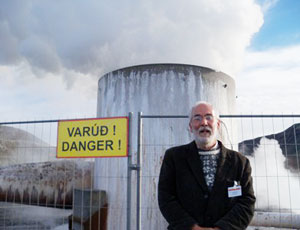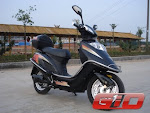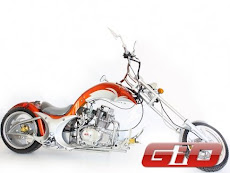Exclusive: Iceland entrepreneurs on fast track for electric car revolution
Our blogger traveled to Iceland to find out how one company is bucking a deep recession to build the world's first all-electric transportation network.
Fri, Sep 17 2010 at 11:54 AM EST

MAN ON A MISSION: Gisli Gislason with the first Tesla in Europe. (Photo: Jim Motavalli)
REYKJAVIK, ICELAND -- Yes,
Iceland is financially depressed, and the car market has plummeted an amazing 80 to 90 percent since the country’s banking crisis hit. But that hasn’t stopped a small but ambitious band of green-minded entrepreneurs, gathered at this week’s
Driving Sustainability 2010 conference in Reykjavik, from planning a makeover for the country’s transportation fleet.
With an environmentally friendly population of just 300,000 souls clustered around the capital city, plus abundant geothermal and hydro electricity potential (10 times what the country could actually use), Iceland is uniquely positioned to plug in. And a new company called Even, a spinoff of
Northern Lights Energy, thinks it can lead the charge, having already signed up 50 leading companies to buy fleets of
electric vehicles and charge them from Even-supplied fast-charging stations.
According to Even founder Gisli Gislason, major banks, the national postal service, a leading phone company, and five municipalities have signed onto the plan, which will launch formally in a few months when it has 100 signatories. Gislason is also signing up cars for resale in Iceland, and has a standing order for 1,000 Tesla Model S models, which hit the road in 2012. Gislason bought the first
Tesla Roadster delivered in Europe, and it was on display at the conference.
The Even plan uses a subscription model. According to Even’s Sturla Sighvatsson, consumers in Iceland will pay just $35 a month for unlimited home or public charging, which is intended to be high-voltage AC “fast charging,” which can take a car from zero to full in just half an hour.
Iceland’s original plan was to transform the country’s transportation fleet with hydrogen, and to that end it opened a hydrogen station and imported three Mercedes Citaro fuel-cell buses. But the buses ran for only three years, and it proved difficult for Iceland (no auto company’s idea of a major market) to lure fuel-cell vehicles. Hydrogen could be a long-term prospect, however, since it’s one way to store excess electricity capacity.
Several years ago, the Icelandic government signed a memorandum of understanding with Mitsubishi (already a supplier to the country’s geothermal industry) to supply i-MiEV electric cars. The Icelanders envisioned a fleet of several hundred, but so far only two or three cars have been delivered. It probably doesn’t help that the local Mitsubishi dealer was taken over by the banks (as have many other local car dealers unable to survive the crash).
Even’s plan won’t work unless there are actual electric vehicles to plug in to the new chargers. I personally think a great solution would be to convert cars to electric right here in Iceland, but despite the existence of plants making ambulances, fire engines and the monster trucks that make a sport of outback driving, there’s no EV conversion yet.




 IT'S ELECTRIC: Volvo's ReCharge plug-in hybrid concept car could have "energized" body parts. (Credit: Volvo)
IT'S ELECTRIC: Volvo's ReCharge plug-in hybrid concept car could have "energized" body parts. (Credit: Volvo) 






































